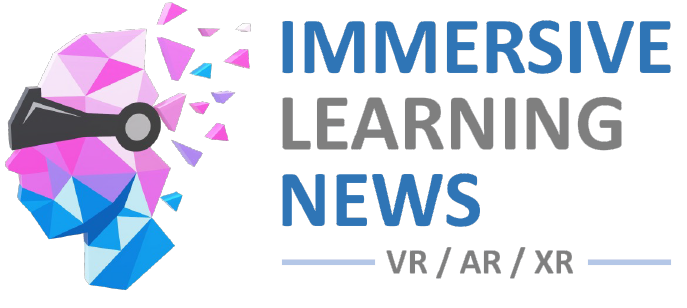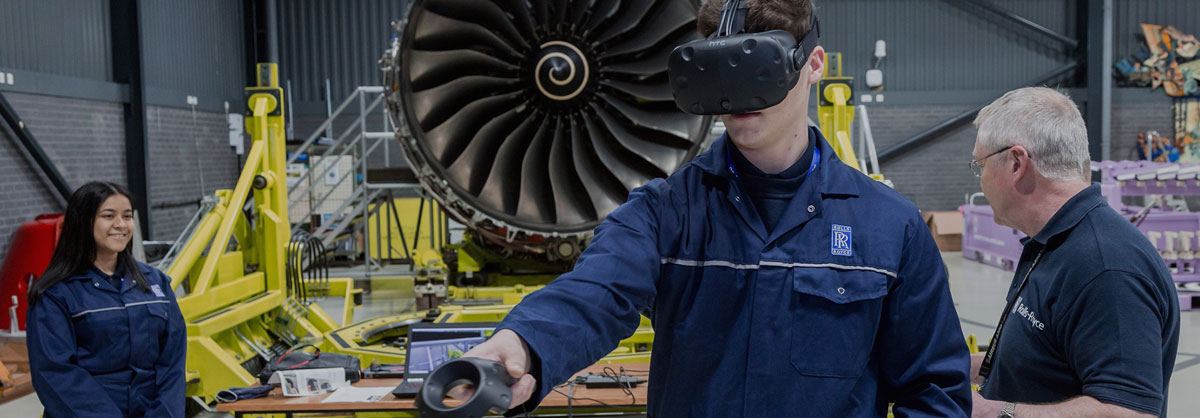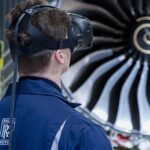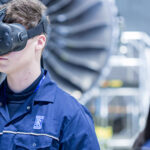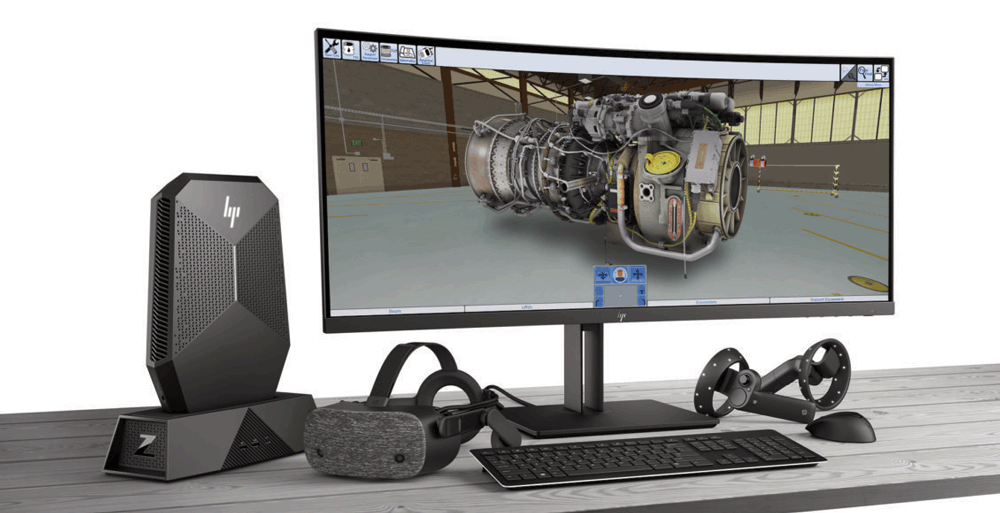Rolls-Royce and Qatar Airways are using Virtual Reality (VR) to train engineers, in a first for the two companies.
As the number of air passengers is set to almost double by 20361, the industry faces a growing challenge: more engineers need to be trained to maintain and repair a growing number of aircraft and their engines. While practical training will always be the main focus, Rolls-Royce is working on ways to incorporate Virtual Reality into its engineering training programmes, as part of its IntelligentEngine vision.
Qatar Airways engineers are the first in the industry to receive the training, using Rolls-Royce’s pioneering Trent XWB engine, which powers the Airbus A350.
Chris Cholerton, Rolls-Royce, President – Civil Aerospace said: “At Rolls-Royce we are designing, testing, and maintaining engines in the digital realm, so it makes sense that we bring cutting-edge technology to our training programmes. In the same way pilots complete elements of their training in a simulator, certain engineering tasks can be taught through Virtual Reality. Qatar Airways were the first customer to take delivery of the Trent XWB, and their forward-thinking vision across their business makes them the perfect launch partner for this technology.”
The Trent XWB is Rolls-Royce’s largest engine. Such is the scale, it must be separated before engineers can transport it for maintenance and repair. Using HTC Vive equipment, engineers are immersed in the process, using sight, sound and touch to separate the two parts of the engine in a virtual setting.
Previously, an engine would have been transported to Doha to be used for the training, or Qatar Airways would have provided an engine in service, with the risk of damage to equipment and valuable flying time lost.
Qatar Airways Group Chief Executive, H.E. Mr. Al Baker said: “Qatar Airways is an airline of the future and we constantly strive to deliver innovation in every area of our business. Our ultimate goal is to provide our customers with a quality on-board experience every time they travel, and by adopting the latest technology in our engineering department we aim to ensure that they arrive at their destination smoothly and without disruption.
“We are very excited about the new Virtual Reality training tool offered by Rolls-Royce and we are proud that they chose Qatar Airways as their global launch partner.”
While not intended to replace any practical training, Rolls-Royce sees valuable applications for Virtual Reality, particularly when it comes to refresher training.
Steve Buckland, a Customer and Product Training Manager at Rolls-Royce who developed the VR training programme said: “Virtual Reality has a valuable application here. It’s going to save time, money, and frees up engines that could otherwise be on aircraft, keeping passengers moving.
“The future is exciting. We’re looking at creating holograms of an engine that we can use to teach in a classroom, or Augmented Reality that can be overlaid over a real engine to show technical information. Nothing will beat learning with an engine and this will never be replaced, but new technology is allowing us to be innovative with the ways we teach engineers.”
1 IATA 20 year passenger forecast, 2017 update: https://www.iata.org/publications/store/Pages/20-year-passenger-forecast.aspx
Quelle:
https://www.rolls-royce.com/media/press-releases/2019/15-04-2019a-rr-and-qatar-airways-use-virtual-reality-to-train-engineers.aspx
